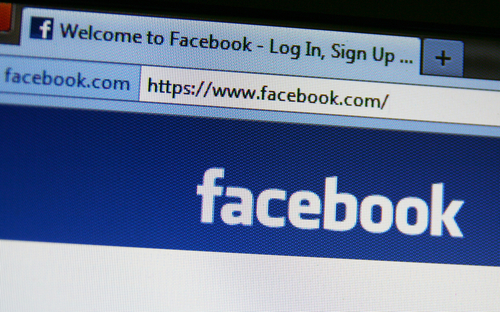The FBI’s extensive social media surveillance practices raise serious concerns about government overreach and invasions of the American people’s privacy. In addition to tracking suspects, federal investigators are fabricating profiles on Facebook, LinkedIn, MySpace, and Twitter to access the private correspondence of regular Americans who might not have committed any crimes. This significant change in FBI strategy is a worrying extension of governmental authority that jeopardizes our constitutional rights.
FBI’s Controversial Social Media Surveillance Tactics
A shocking Justice Department document obtained through a lawsuit by the Electronic Frontier Foundation has revealed that FBI agents regularly create fake social media profiles to befriend suspects and access private information. These covert tactics may directly violate the terms of service of platforms like Facebook, which explicitly prohibit providing false information or creating accounts for others without permission.
The @FBI had one of their agents scrub his Facebook page of all of his anti-Trump posts before he was assigned to the Miami field office which covers @realDonaldTrump Mar-a-Lago home.
The FBI has made the cartels look like amateurs. pic.twitter.com/3oidGUD4Q3
— 🇺🇸RealRobert🇺🇸 (@Real_RobN) February 15, 2025
Federal agents exploit social networks to establish motives, determine locations, and tap into Americans’ communications. The document confirms that photographs are being examined for evidence, while friend lists are scrutinized to identify witnesses or informants—all potentially without proper warrants or constitutional protections.
Constitutional Concerns and Privacy Violations
Facebook has reportedly been cooperating with “emergency law enforcement requests,” raising questions about what constitutes an “emergency” and whether proper judicial oversight exists. This revelation comes as the FBI attempts to rebrand its public image through increased social media presence, which began in 2008 with the creation of the @FBIPressOffice Twitter account.
Big Tech Joins the Mission:
Under Obama, DHS and FBI built direct pipelines into Facebook, Twitter, YouTube, Google:•Conservative speech flagged as extremism.
•Private communications funneled to Fusion Centers and agencies.
Big Tech became the government’s unofficial spy…
— Insurrection Barbie (@DefiyantlyFree) April 26, 2025
The legality of agents violating terms of service to spy on Americans remains dubious at best and potentially unconstitutional at worst. Former U.S. cyber-security prosecutor Marc Zwillinger acknowledged these concerns: “This new situation presents a need for careful oversight so that law enforcement does not use social networking to intrude on some of our most personal relationships.”
The FBI’s Propaganda Push
Under current leadership, the FBI has become increasingly focused on managing its public image rather than addressing legitimate concerns about overreach. The Bureau’s digital voice now includes carefully crafted news, safety alerts, and behind-the-scenes content designed to build public trust while diverting attention from controversial surveillance practices.
“Some will say the FBI’s new digital push is just spin — and frankly, sometimes it looks that way,” admits a Fox News opinion piece examining the Bureau’s communication strategy. The FBI claims its mission “hasn’t changed: protect the American people and uphold the Constitution,” yet its social media surveillance tactics suggest otherwise.
The Bureau’s commitment to “transparency” appears highly selective. It promotes positive stories while remaining silent about its controversial practices. Balancing legitimate law enforcement needs with constitutional protections has become increasingly complex in the digital age, but the current approach prioritizes government power over individual rights.
Americans must remain vigilant against these encroachments on constitutional freedoms and demand greater accountability from federal law enforcement agencies. The FBI’s dramatic expansion of digital surveillance capabilities without clear legal boundaries threatens the privacy and liberty of all citizens, regardless of whether they’ve been accused of any wrongdoing.
Sources:
https://www.theguardian.com/world/2010/mar/16/fbi-facebook-crime-study
https://www.foxnews.com/opinion/surprising-way-fbi-adapting-modern-crime-fighting

